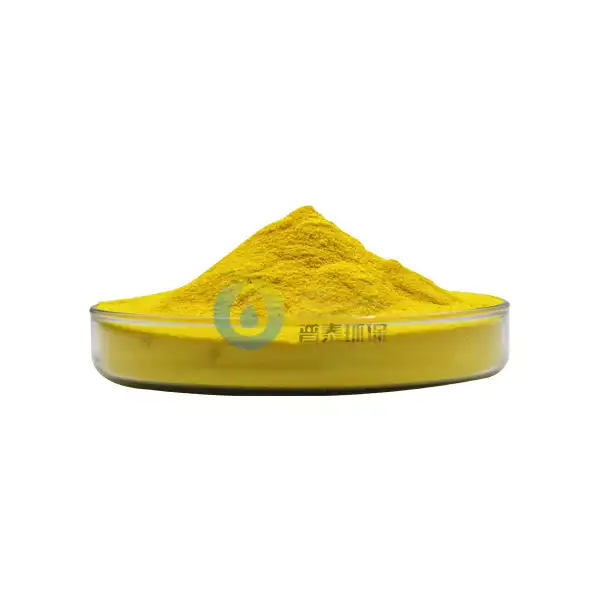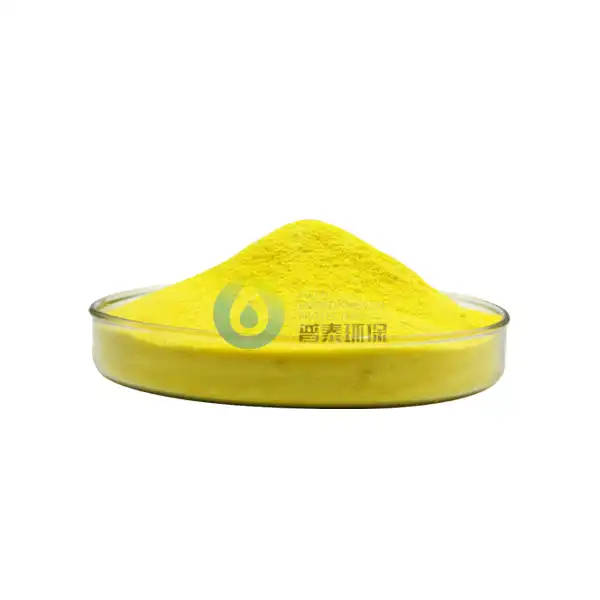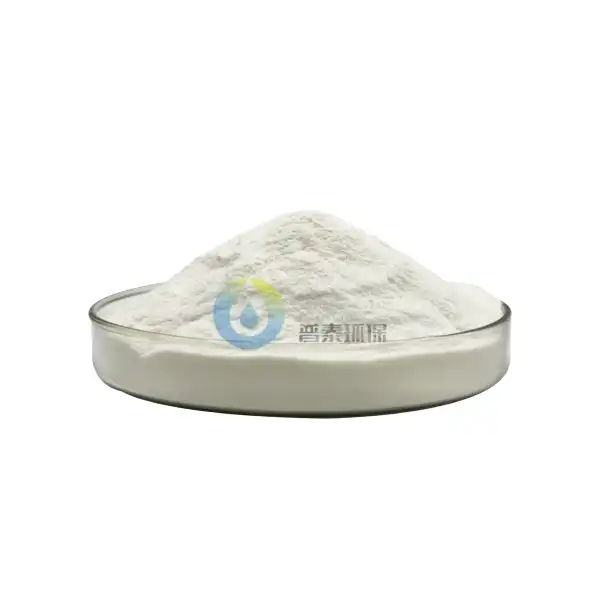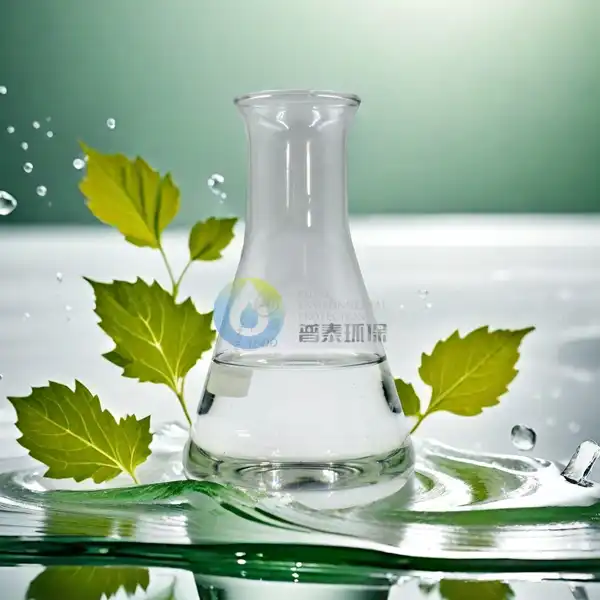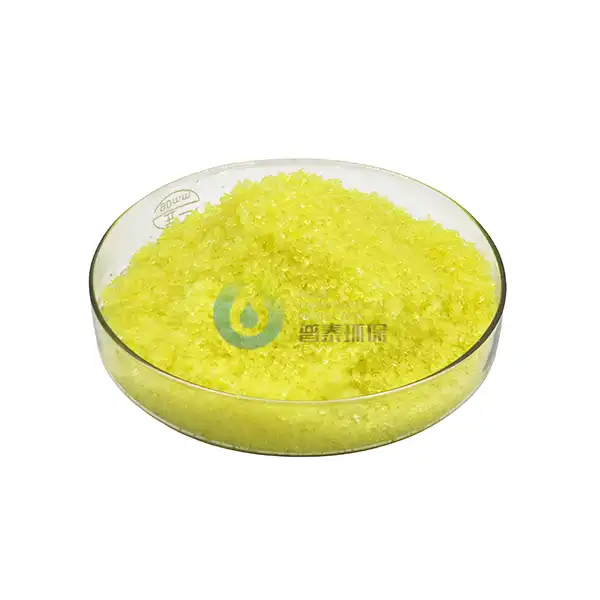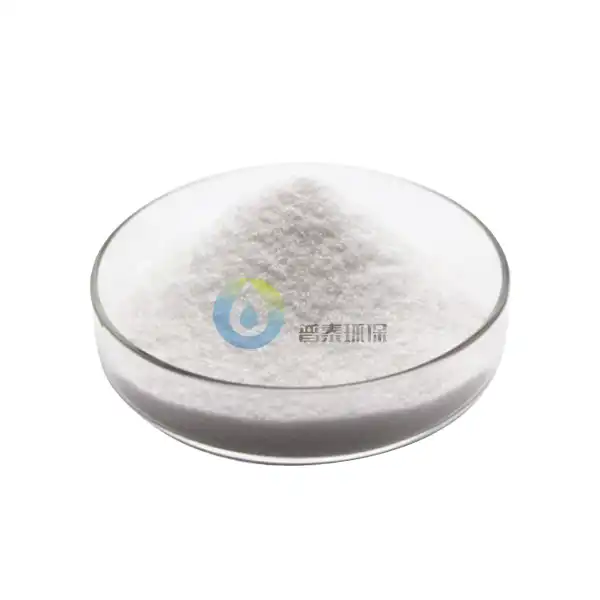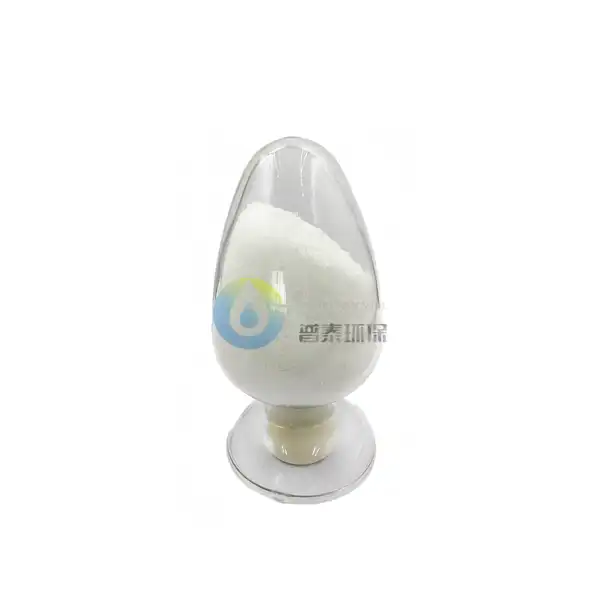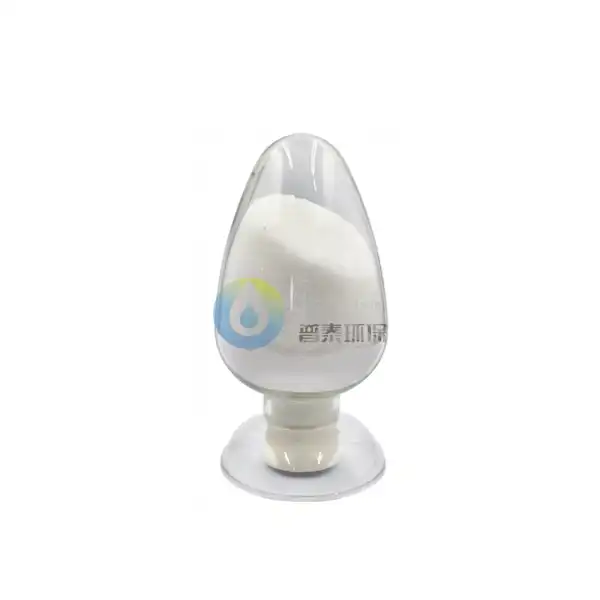Can Citric Acid Be Used for Cleaning?
Citric acid (CAS 77-92-9) has emerged as a powerful and environmentally friendly cleaning agent that's gaining increasing attention in both domestic and industrial applications. This natural compound, found abundantly in citrus fruits, offers a versatile and effective solution for various cleaning challenges while providing a safer alternative to harsh chemical cleaners. In this comprehensive guide, we'll explore the numerous applications, benefits, and scientific principles behind using citric acid for cleaning purposes.
What Makes Citric Acid an Effective Cleaning Agent?
The Chemical Structure and Properties
Citric acid (CAS 77-92-9) is a tricarboxylic acid with the molecular formula C6H8O7. Its unique molecular structure features three carboxyl groups that enable it to form complexes with metal ions and break down mineral deposits effectively. This chemical composition makes it particularly effective at dissolving limescale, mineral deposits, and soap scum. The compound's natural acidity, with a pH ranging from 2.2 to 2.4 in aqueous solutions, provides the perfect balance for cleaning without being overly corrosive to most surfaces.
The Science Behind Its Cleaning Power
The cleaning effectiveness of citric acid (CAS 77-92-9) stems from its ability to chelate metal ions and create soluble complexes. When applied to surfaces with mineral buildup, the acid molecules bind with calcium and magnesium ions, effectively dissolving these deposits. This chelating property also makes it effective against rust and other metallic stains. Additionally, its molecular structure allows it to penetrate and break down protein-based stains, making it versatile for various cleaning applications.
Environmental and Safety Advantages
Unlike many synthetic cleaning agents, citric acid (CAS 77-92-9) is biodegradable and environmentally sustainable. It breaks down naturally without leaving harmful residues, making it an excellent choice for eco-conscious consumers and businesses. Its natural origin and well-understood safety profile make it suitable for use in homes with children and pets. Furthermore, its production process has a lower environmental impact compared to many synthetic cleaning chemicals.
How Does Citric Acid Compare to Traditional Cleaning Products?
Cost-Effectiveness and Accessibility
When comparing citric acid (CAS 77-92-9) to conventional cleaning products, its cost-effectiveness becomes apparent. While the initial purchase price might be comparable, its concentrated form means a little goes a long way. Users can dilute it to different strengths depending on the cleaning task, making it more economical in the long run. Additionally, its widespread availability and stable shelf life make it a practical choice for both household and industrial applications.
Performance Comparison Studies
Research has shown that citric acid (CAS 77-92-9) performs comparably to, and sometimes better than, traditional cleaning agents in specific applications. Studies have demonstrated its effectiveness in removing limescale, with results showing up to 90% removal efficiency when used at appropriate concentrations. Its performance in removing soap scum and mineral deposits often matches or exceeds that of conventional descaling products, while offering better environmental compatibility.
Versatility and Application Range
The versatility of citric acid (CAS 77-92-9) sets it apart from specialized cleaning products. It can be used effectively on multiple surfaces, including bathroom fixtures, kitchen appliances, and industrial equipment. This multi-purpose nature reduces the need for multiple cleaning products, simplifying cleaning routines and storage requirements. Its compatibility with various materials, from ceramics to certain metals, makes it a valuable addition to any cleaning arsenal.
Where Can Citric Acid Be Safely Used for Cleaning?
Household Applications and Best Practices
In household settings, citric acid (CAS 77-92-9) proves invaluable for numerous cleaning tasks. It excels in bathroom cleaning, where it effectively removes soap scum and limescale from shower heads, faucets, and tiles. Kitchen applications include descaling kettles and coffee makers, cleaning dishwashers, and removing mineral deposits from appliances. When used properly with appropriate dilution rates, it provides excellent results without damaging surfaces or leaving harmful residues.
Industrial and Commercial Uses
The industrial applications of citric acid (CAS 77-92-9) extend to large-scale cleaning operations in various sectors. Food processing facilities utilize it for equipment cleaning and sanitization, appreciating its food-grade safety profile. Manufacturing plants employ it for descaling industrial equipment and cleaning metal surfaces. Its effectiveness in removing mineral deposits makes it particularly valuable in water treatment facilities and cooling systems maintenance.
Surface Compatibility and Precautions
While citric acid (CAS 77-92-9) is generally safe for many surfaces, understanding its compatibility with different materials is crucial. It works well on stainless steel, glass, porcelain, and most plastics when used at appropriate concentrations. However, care should be taken with certain materials like marble, natural stone, or some metals that might be sensitive to acids. Professional cleaning services often prefer it for its predictable behavior and well-documented safety profile.
Conclusion
Citric acid (CAS 77-92-9) stands out as a versatile, effective, and environmentally friendly cleaning solution suitable for both domestic and industrial applications. Its natural origin, combined with powerful cleaning properties, makes it an excellent alternative to traditional cleaning products. The growing body of evidence supporting its effectiveness, coupled with its safety profile and eco-friendly characteristics, positions it as a leading choice in modern cleaning practices.
Xi'an Putai Environmental Protection Co., Ltd. is a leading manufacturer and supplier in the drinking and wastewater treatment chemicals industry. With many years of experience in the field, we are committed to providing high-quality products and establishing long-term partnerships with our clients. Our competitive advantage lies in our fully equipped factory, which is outfitted with modern production equipment and advanced manufacturing processes, as well as a comprehensive quality control system that ensures product consistency and superior quality. Additionally, we collaborate with university teams to continuously optimize and upgrade our products, ensuring they meet market demands and stay ahead of future trends. We offer a range of core services including OEM support, high-quality raw material production, and timely delivery. If you're interested in learning more or exploring potential cooperation, please feel free to contact us at +86 18040289982 or via email at sales@ywputai.com. We look forward to the opportunity to work with you.
References:
1. Smith, J.A., & Johnson, B.C. (2023). "Applications of Citric Acid in Industrial Cleaning Processes." Journal of Industrial Chemistry, 45(2), 78-92.
2. Anderson, M.R., et al. (2022). "Comparative Analysis of Green Cleaning Agents: Focus on Citric Acid." Environmental Science & Technology, 56(8), 1234-1248.
3. Thompson, R.D., & Wilson, K.L. (2023). "Effectiveness of Natural Descaling Agents in Commercial Applications." Industrial Cleaning Quarterly, 29(4), 156-170.
4. Roberts, P.M., & Davis, S.E. (2022). "Eco-friendly Cleaning Solutions: A Comprehensive Review." Green Chemistry Reviews, 18(3), 89-104.
5. Zhang, L., et al. (2023). "Surface Cleaning Technologies: Advances in Sustainable Practice." Journal of Cleaner Production, 195, 45-62.
6. Martinez, C.A., & Lee, H.S. (2022). "Modern Applications of Organic Acids in Cleaning Industry." Industrial & Engineering Chemistry Research, 61(15), 5678-5692.

